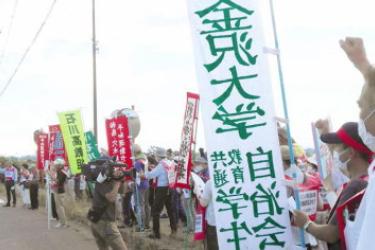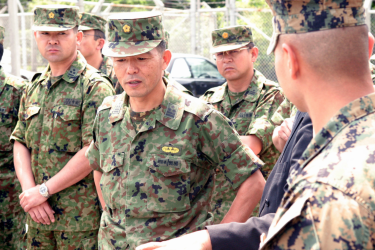Japan

The Sanae Takaichi administration and Japan’s drifting imperialist democracy
Amid debates on the Japanese left, Seiya Morita asks how should we politically define the Takaichi administration?
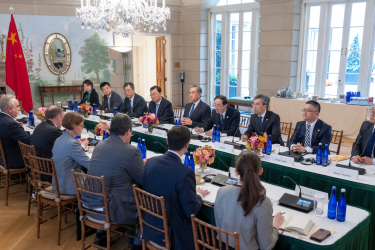
The ‘multipolar world’: A euphemism to support multiple imperialisms
Frederick Thon Ángeles, Manuel Rodríguez Banchs and Jorge Lefevre Tavárez put forward 18 ideas about the new world order, the dangers of rising inter-imperial conflict, and the need to build an independent pole anchored in the international working class.
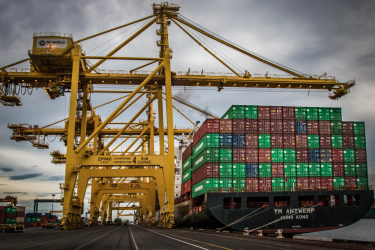
The Global South has become the focus of inter-imperialist rivalry
Michael Pröbsting — We have entered a historic period where several imperialist Great Powers are rivalling for hegemony. This development is accelerating global instability, wars and economic crisis.
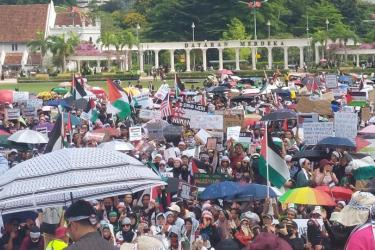
Building international solidarity with the Palestinians
Antoine Larrache & Terry Conway — Israel’s offensive against Gaza has sparked a worldwide revolt unlike any other issue.
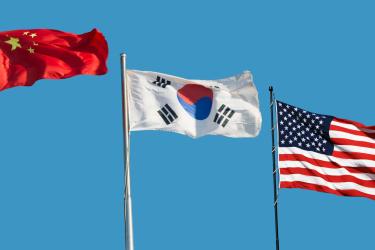
Youngsu Won (South Korea): ‘US-China tensions have erased any space for struggle’
Youngsu Won discusses how rising tensions between the United States and China impact South Korean politics.
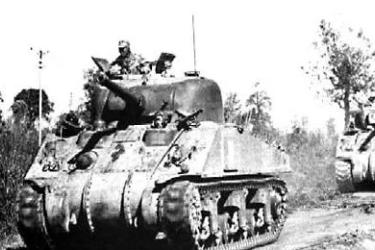
Like in the case of the present war, where the United States is intervening as an “ally” of Ukraine, in the Second Sino-Japanese War the United States entered the war in 1941, becoming the imperialist “ally” of China and started sending direct material aid to China in its war of national liberation against Japan. At the time, a debate emerged between the Socialist Workers Party and the Fourth International on the one hand, and the Workers’ Party on the other.
Michael Pröbsting - Several events in the past few years have provoked profound instability in relations between the imperialist Great Powers. It is therefore not surprising that ideologists and strategic thinkers of the ruling class are working hard to elaborate analyses and perspectives on how their respective Great Power can best respond to the challenges of the current period.
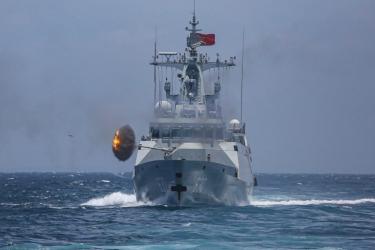
Taiwan Strait crisis: For the right to peace and security in East Asia
Reposted from Europe Solidaire Sans Frontières, August 18, 2022
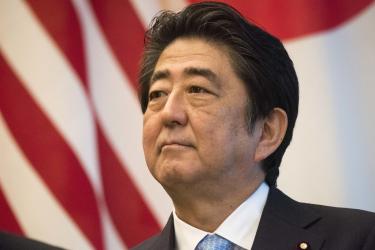
When the chickens came home to roost: Behind the assassination of Shinzo Abe
“The political meaning of Abe’s death, the consequences, I no longer have the luxury of thinking about” ― Final line in a letter the killer sent to a journalist the day before the incident.
